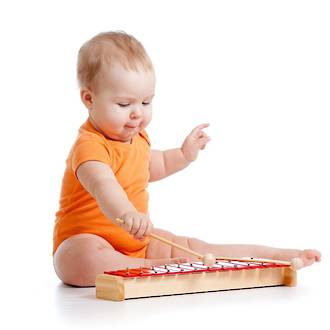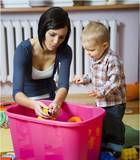Benefits of music for young kids
|
Much research has been carried out over the years on the importance of exposing young children to music. We look at some of the benefits and give you some suggestions for making music at home.
|
You might also be interested in ...
Why it's good for pre-schoolers to set goals
Goal setting for pre-schoolers is not something we hear about often, but it’s never too early to start. It’s a great way to build their self-confidence and a valuable life-long skill. Goal-setting helps them to identify what is wanted, and that if they set their minds to something, they can achieve it. Setting goals with your children will direct their efforts and encourage them to achieve success.
Working together and managing behaviour
In our busy lives it often seems quicker and easier to give children instructions and replies of ‘Because I said so’ or ‘Do it now!’ However rewording your requests with phrases that show interest and promote involvement will encourage children to cooperate more. It helps children feel listened to, and in time they will start listening too.







How at an early age, music can enrich their language, literacy, social development, cognition, attention span, mathematical, motor and self-regulation skills.
Whether you sing lullabies to your little one, play them classical music or crank up your own favourite tunes, research shows that introducing children to music has long-term developmental benefits.
We look at some of the benefits and give you some suggestions for making music at home.
Benefits of music
Some of the many benefits of music include:
Making music at home
Check out our other Hot Topics on:
- Make your own musical instruments
- Bongo pongo drums
- Yoyo shakers
Image source: friendshipcircle.org